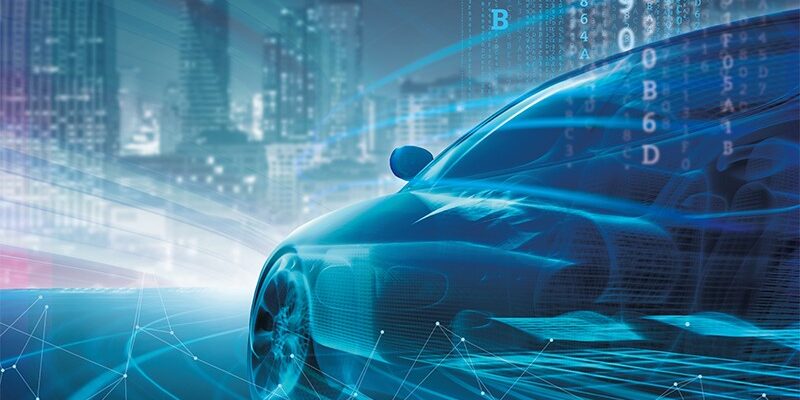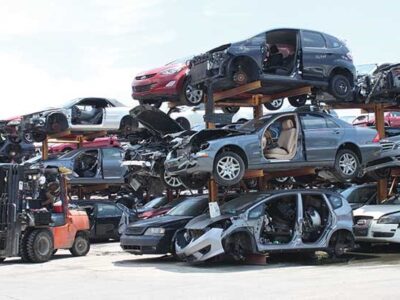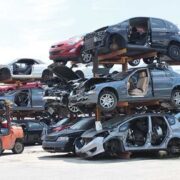
The automotive industry, the cornerstone of the global economy, goes far beyond the smooth curves of a car’s exterior. It is a complex web of economic dynamism, job creation, and technological innovation. So, as we shift gears into the future, understanding the mechanism of the auto-economics becomes increasingly essential.
Job creation = economic growth
The automotive industry is a powerful engine of job creation. The sector employs millions worldwide, from assembly lines to research and development, making it the linchpin of economic growth. Manufacturing plants, service centers, and dealerships form a complex ecosystem.
In the US, the automotive industry accounts for a significant portion of the manufacturing sector. According to the Bureau of Economic Analysis, its contribution to the country’s GDP is more than 3%. The multiplier effect of this industry is huge, and ancillary services such as advertising, insurance, and logistics further contribute to economic growth.
Consumer behavior
Interest rates, economic stability, and changing preferences influence consumer attitudes toward car purchases. Financing options, including leasing and long-term loans, determine consumer demand. Economic conditions and financial policies affect the availability of credit, which affects the purchase decisions made by individuals and businesses. Extra costs, like sales taxes on vehicles, gives additional pressure on the family budget, influencing the choice of used cars rather than the new one.
Technologies and investments
Innovation is the fuel that drives the automotive industry forward. The industry’s pursuit of technological advancement goes beyond the vehicles, influencing manufacturing processes and supply chain management. Investment in research and development (R&D) is at the forefront of this innovation, driving safety, sustainability, and connectivity advances.
Electric and autonomous vehicles represent a paradigm shift, and major players invest heavily in these technologies. These innovations meet consumer demand for eco-friendly options and open up new economic opportunities. The development of electric vehicle infrastructure, battery technology, and autonomous driving systems creates a ripple effect, facilitating growth in related industries. So, if you’re looking for a green, reliable, high-tech car, I recommend checking out the best electric vehicles available.
Market dynamics
The automotive industry operates globally, with complex supply chains connecting manufacturers, suppliers, and distributors across continents. The rise of just-in-time manufacturing has changed how components are delivered and assembled, increasing efficiency and exposing the industry to the risk of supply chain disruption.
Market dynamics play a crucial role in shaping the economic landscape of the automotive industry. Consumer preferences, geopolitical events, and economic fluctuations affect production and sales volumes. For example, the shift to electric vehicles has not only affected technological investments but also caused a reassessment of traditional business models.
Impact on trade
The global nature of the automotive industry also means that it is highly sensitive to trade policies and tariffs. Changes in international trade agreements can majorly impact production costs, market access, and competitiveness. For example, tariffs on steel and aluminum imports can increase production costs, forcing companies to rethink their supply chains and production locations.
Heading into the future
As the automotive industry evolves, so does our understanding of its economic intricacies. From the global supply chain to consumer financing trends, it’s essential to understand the factors shaping the industry to navigate the future. In this ever-changing environment, those who understand the economic intricacies of the automotive industry are well-positioned to succeed.











